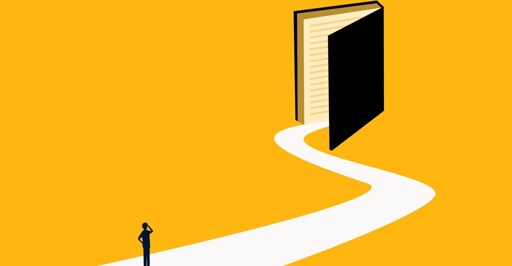- cross-posted to:
- [email protected]
- cross-posted to:
- [email protected]
Summary
Concerns about American men reading less fiction have sparked cultural debates linking the trend to toxic masculinity and political shifts, such as increased support for Donald Trump.
Men read fewer books and less fiction than women, but the gap is modest. 73% of men and 78% of women read books annually, with fiction readership differing by 10-17%.
The exaggerated 80/20 gender fiction market split lacks verified sources.
Critics argue the “crisis” reflects fears about male disengagement, yet male authors still dominate bestseller lists and literary awards, complicating the narrative.



The reality is, that most reading is just as mindless entertainment as soap operas or tiktok doomscrolling.
All those crime, romance and drama novels that fill book shelves all over the (western?) world are essentially garbage. It’s just that reading has a higher social prestige than TV or gaming.
Penny Dreadfuls and Pulp Magazines are examples of low quality fiction. https://en.m.wikipedia.org/wiki/Penny_dreadful
For me at least, reading generally takes more effort for me than just doom scrolling, where I honestly just look at the pictures and captions.
I strongly disagree, reading any kind of book requires sustaining attention over long periods of time. It doesn’t matter if it’s 50 Shades or Ulysses, you don’t get a dopamine rush from reading a book for 30 seconds like you do with Internet and social media. It’s not the same at all and it’s not just about prestige. I’d argue that the prestige comes from the fact tha reading books requires more effort and dedication
That the average reader actually pays attention is a bold claim.
Ask any of the “mass readers” in your vicinity about the last book they read. There’s a good chance, they barely know the outline. They didn’t pay attention, it’s just a narrative being pushed through their brain without actually being processed - which is fine, it’s just entertainment.
BTW: a few thousand years ago it was argued that reading would destroy our memory because you weren’t forced to memorize everything anymore.